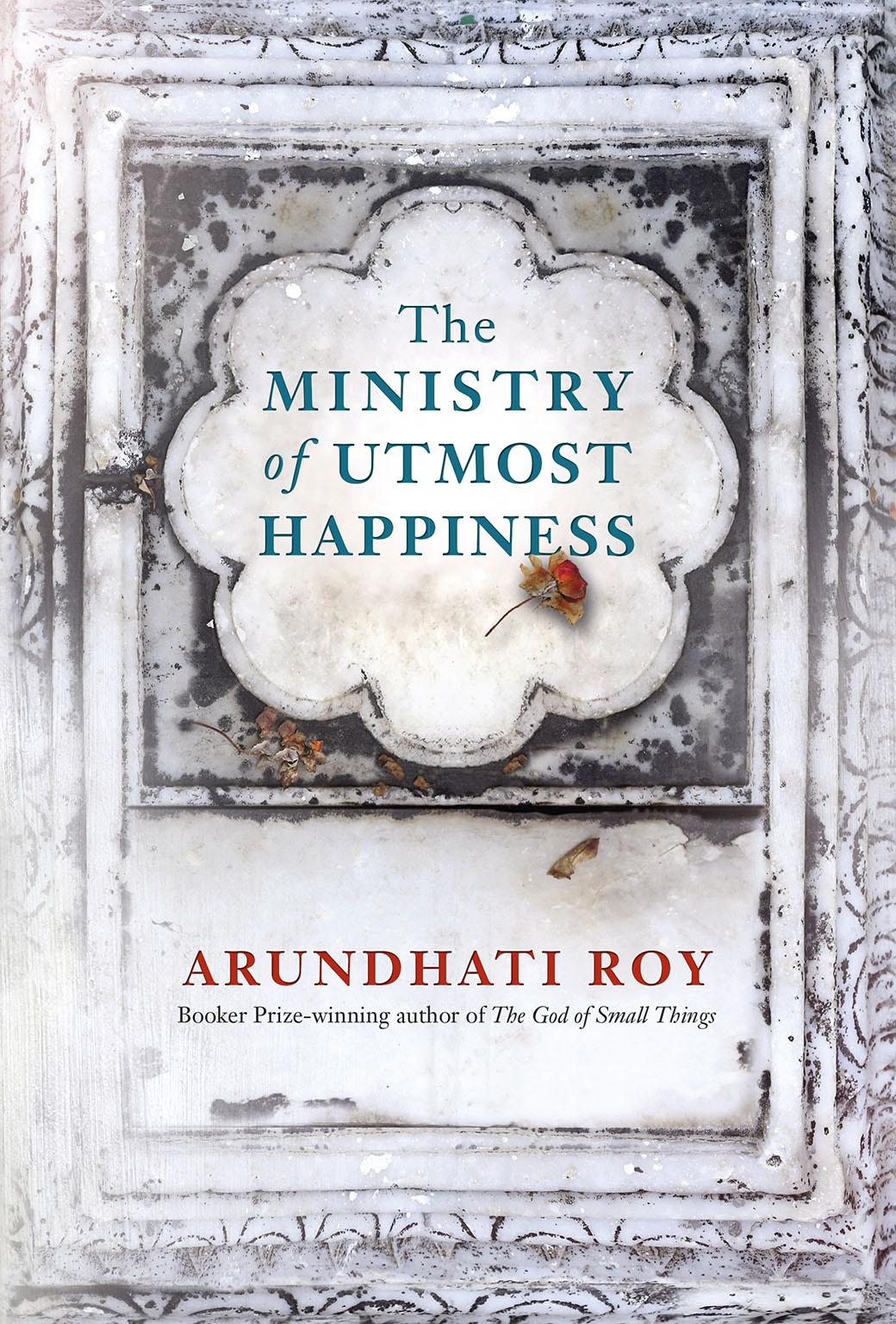The Ministry of Utmost Happiness by Arundhati Roy, book review: A mesmerising labyrinth worth the wait
Decades of contemplation are compounded in the ‘The God of Small Things’ author’s new novel

The literary world has waited two decades for Arundhati Roy to release a second novel since her 1997 debut, The God of Small Things – but The Ministry of Utmost Happiness proves worth the wait.
The Indian author has dedicated the past 20 years to being a fierce but loving critic of her country, publishing a number of essays analysing its political landscape – and those decades of contemplation seem to be compounded in her new book.
In The Ministry of Utmost Happiness, Roy dissects life in India in the wake of the partition through the eyes of two characters: Anjum, a transgender woman who comes into her own only to find herself redefined by tragedy, turning to a cemetery in Delhi for refuge; and Tilo, a trained architect who journeys to the Kashmir region to reignite her on-and-off-again love affair with Musa, a freedom fighter.
There is also a dizzying cast of secondary and tertiary characters that each take a stand on the soapbox in turns, from the security guard who goes by the moniker of his hero – Saddam Hussein – to the graveyard’s resident dung beetle, Guih Kyom.
The author weaves together a dazzling narrative nearly as complex as the reality of the fallout of the bloody partition by forcing her characters through themes of Hindu nationalism and Kashmiri separatism and exposing them to atrocities like the 1969 Gujarat riots, the most deadly incident of Hindu-Muslim violence since the 1947 divide, until the 1989 Bhagalpur riots.
It’s in the western state of Gujarat that Anjum develops a fear of living that forces her to seek refuge among the dead. “She tried to un-know what they had done to all the others – how they had folded the men and unfolded the women. And how eventually they had pulled them apart limb from limb and set them on fire. But she knew very well that she knew.” Of course, 1969 is a year the author is intimately familiar with – the bulk of the plot in The God of Small Things is also anchored in the same year – a time that saw sweeping changes in ideology in India.
Roy takes her readers on a labyrinthine journey as chaotic and lively as the streets of modern-day Delhi themselves. While the tales of both Anjum and Tilo might be framed as the individual love stories of two people who exist on the fringes of society, ultimately, they serve a larger purpose of shining a light on the grave shortcomings of national leadership in India and elsewhere.
A poem tucked into the pages of Roy’s novel seems to encapsulate the author's own intentions: “How to tell a shattered story? By slowly becoming everybody. No. By slowly becoming everything.”
In her bid to “become everything”, the author takes courageous leaps, seemingly confident that readers will be able to fill the gaps and follow her trail. For that reason, The Ministry of Utmost Happiness demands a certain degree of attention and reflection in equal parts – but dedicated readers will come away rewarded with a renewed sense of empathy for humanity, despite its shortcomings, and perhaps even a strengthened willingness to persevere.
Join our commenting forum
Join thought-provoking conversations, follow other Independent readers and see their replies
Comments